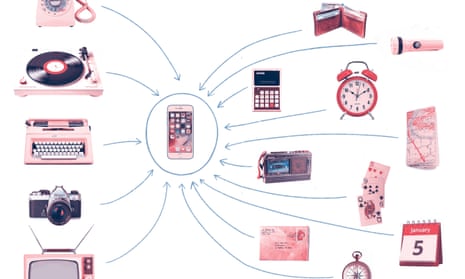Finally, a cure for screen addiction that's turning our teens into the basket case generation: Respected neuroscientist's solution offers hope for despairing parents
Share:
Whether it was being lectured by our parents about sitting too close to the TV or being left with ears ringing from listening to music too loud - we've long known our bodies are not designed to cope with the extremes of new technology. And last year, the rise of the term 'brain rot' was a sign we've accepted another nasty tech side-effect - screens are making us stupid.
![[Oren (pictured with his daughter) began limiting his 10-year-old's screen time after noticing it was having a noticeable effect on her health and behaviour]](https://i.dailymail.co.uk/1s/2025/01/13/23/94057105-14180565-Oren_pictured_with_his_daughter_began_limiting_his_10_year_old_s-a-21_1736810772443.jpg)
More and more of us are feeling the negative effects of being constantly barraged with short bursts of information from platforms like TikTok and Instagram Reels, while being more addicted to our devices than ever before. The problem is becoming so obvious that it's become a hot topic on TikTok itself, the very platform many blame for fuelling social media addiction among Gen Alpha (those aged 15 and below) and Gen Z (between 15 and 28), with users discussing the long-term effects they are noticing.
![[The ScreenCoach app uses a rewards system to encourage children to 'earn' screen time by doing other, more productive activities]](https://i.dailymail.co.uk/1s/2025/01/16/01/94057103-14180565-image-a-27_1736989305265.jpg)
Some claim they're more easily distracted since developing screen addictions during the mind-numbing Covid lockdown years. Others say their ability to connect ideas and focus on long-term goals has diminished. But they all agree on one thing: we've gotten dumber.
Respected neuroscientist Professor Andrew Scholey tells me screen addiction stems from a survival instinct ingrained in humans over the course of centuries. He believes this is also the key to curing it. Respected neuroscientist Professor Andrew Scholey (pictured) says social media addiction is driven by ancient instincts which make us vulnerable to negative information.






















